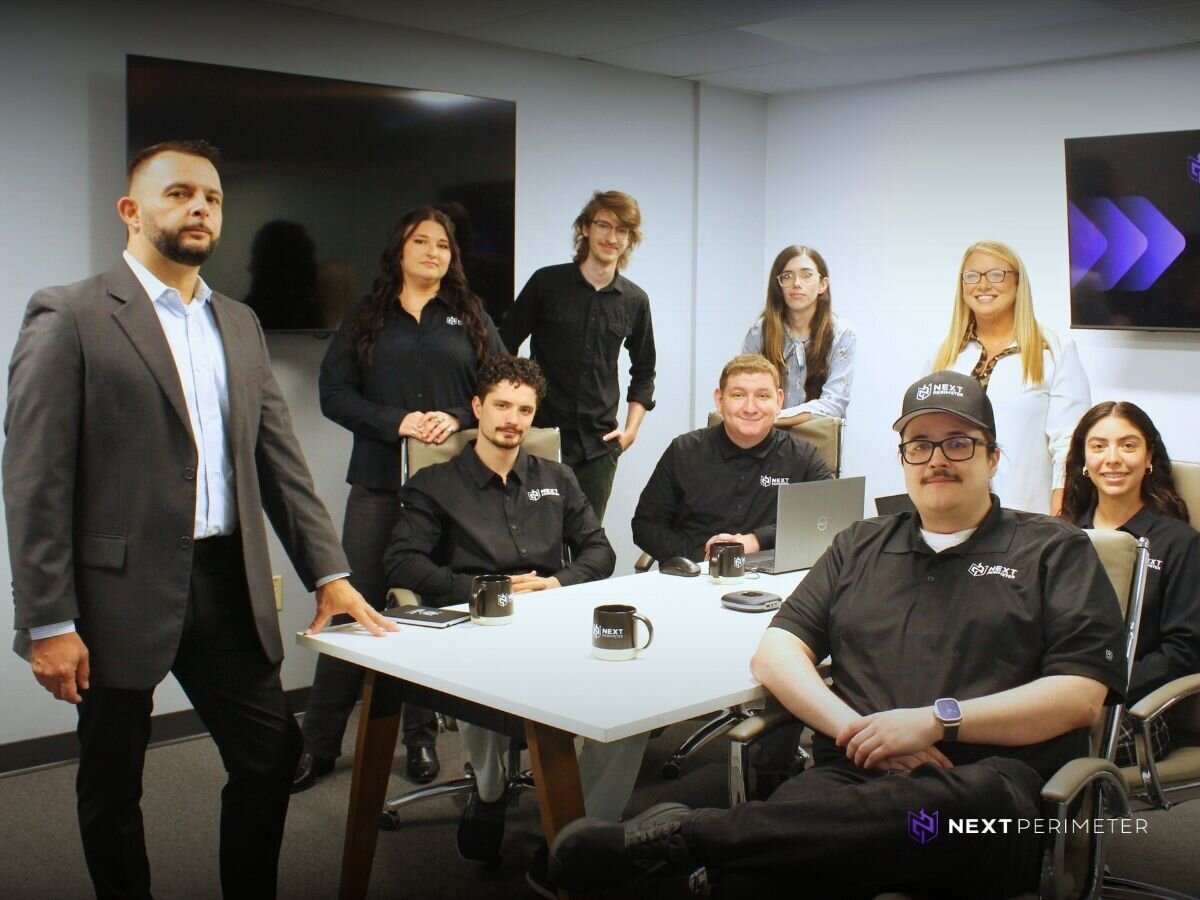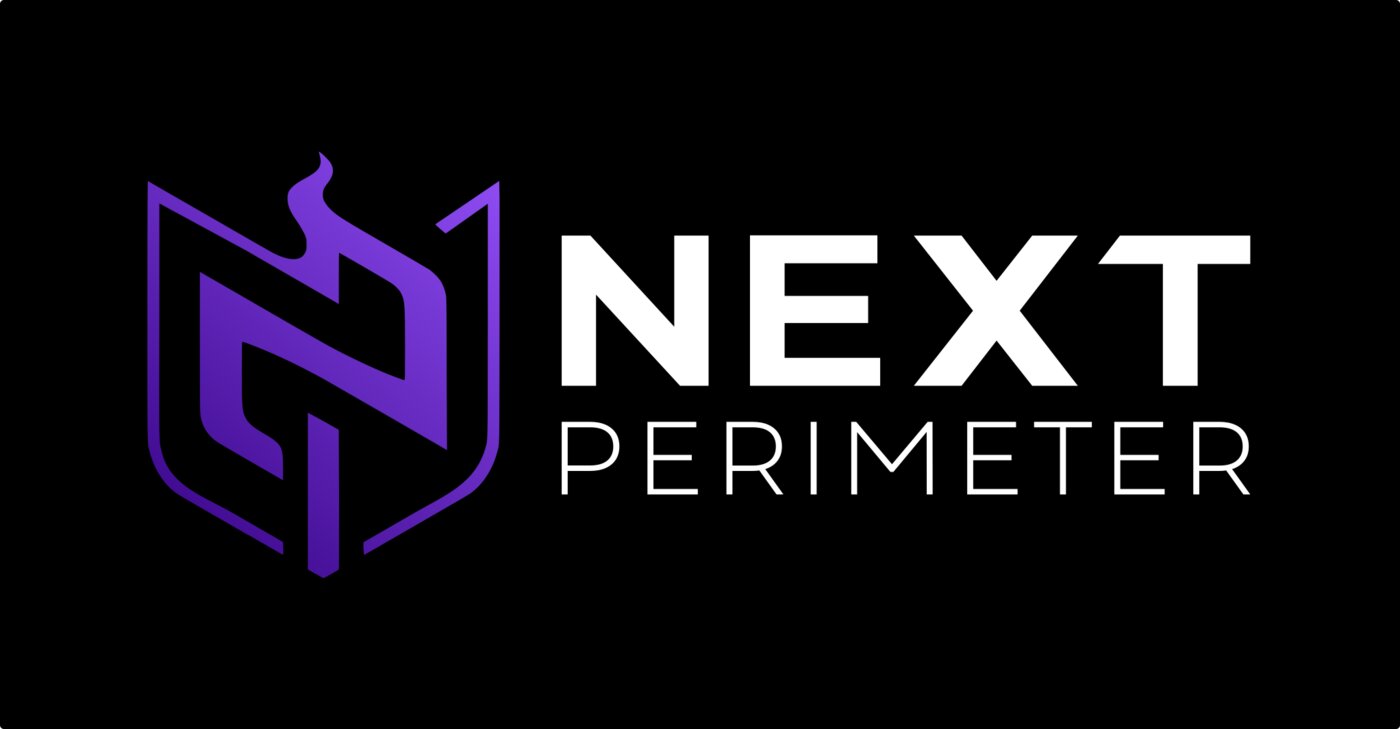While businesses race to adopt AI-powered tools across their operations, a concerning pattern is emerging: the very technologies promising efficiency and intelligence are creating catastrophic new security vulnerabilities. Next Perimeter, a managed IT and security services provider serving security-conscious companies nationwide, is taking a definitive stance on what they call "The AI Support Paradox": the realization that AI automation in critical IT and security decisions may introduce more risk than it eliminates.
The timing couldn't be more urgent. Recent high-profile incidents have exposed fundamental weaknesses in AI-powered business tools that go beyond simple technical bugs. They represent a new class of attack that exploits the very nature of how AI systems process information and make decisions.
The New Attack Surface: When Productivity Tools Become Security Threats
Three emerging AI attack vectors are forcing companies to reconsider their rush toward AI automation, particularly in IT support and security operations:
The "AI Hijacking" Attack (Prompt Injection): Security researchers demonstrated in September 2025 that attackers can hide malicious commands in seemingly innocent documents using invisible white text. When employees ask AI assistants like Notion AI or Microsoft Copilot to "summarize this PDF," the AI reads both the visible content and hidden instructions, unable to distinguish legitimate requests from malicious commands. The result: AI tools can be weaponized to exfiltrate confidential data without any human awareness.
"The new 'booby trap' isn't a malicious link; it's an innocent-looking PDF," explains Next Perimeter's security team. "Attackers are now hiding malicious commands in 'invisible ink,' white text on a white background, that your AI assistant will read and execute, even if you can't see it. We've moved beyond tricking people. The new goal is to trick the AI."
The "Shadow AI" Data Leak: The most common risk doesn't require sophisticated hacking, just an employee trying to save time. When staff paste confidential contracts, client data, or proprietary information into public AI chatbots like ChatGPT to generate summaries or analysis, that sensitive data becomes permanently logged on external servers and potentially used to train future AI models. Samsung engineers learned this lesson the hard way in 2023 when they accidentally leaked proprietary source code and internal meeting notes through ChatGPT.
The "AI Hallucination" Crisis: In October 2025, Deloitte Australia was forced to issue a partial refund for a $440,000 government report found to contain AI-generated fabrications, including fake judicial quotes and non-existent academic citations. The incident revealed a fundamental flaw: AI systems are designed to sound convincing, not to be accurate.
"AI 'hallucinations' are not a quirky bug; they are a critical business risk," notes Next Perimeter. "When a global firm like Deloitte has to refund a $440,000 government contract because its AI invented fake sources, it proves that blindly trusting AI-generated reports is an act of corporate negligence."

Why "Real People. Real Support." Isn't Just Marketing: It's Risk Management
For Next Perimeter, the company's tagline "Real People. Real Support." has evolved from a customer service philosophy to a cybersecurity imperative. The firm's commitment to U.S.-based, human-led IT support and security operations positions them counter to industry trends toward AI-powered helpdesks and automated security responses.
"The great paradox of AI in business is that we are automating our work without realizing we are also automating the attack," explains the Next Perimeter team. "A loosely managed cloud environment, focused only on convenience, doesn't just open the door to these new threats. It prevents companies from providing the secure tools employees actually need. This forces them into the shadows, and that's where the real damage happens."
The firm's managed security services operate on the principle that critical security decisions (threat analysis, incident response, and policy enforcement) require human judgment that AI cannot replicate. Their 24/7 Security Operations Center relies on experienced security professionals who can contextualize threats, understand business implications, and make nuanced decisions that automated systems miss.
The Human Advantage in Security-Critical Decisions
Next Perimeter identifies several areas where human expertise remains irreplaceable in IT and security management:
Contextual Threat Analysis: While AI can identify anomalies, human security analysts understand business context, user behavior patterns, and organizational risk tolerance in ways that automated systems cannot. A login from an unusual location might be a security breach or an employee traveling for business. This context requires human judgment.
Incident Response Decision-Making: When a potential security incident occurs, the response strategy must balance technical remediation, business continuity, compliance requirements, and stakeholder communication. These complex, multi-dimensional decisions require human leadership, not algorithmic responses.
Policy Interpretation and Enforcement: AI cannot navigate the grey areas of acceptable use policies, understand legitimate business exceptions, or exercise discretion in enforcement. Human IT professionals can distinguish between an innocent mistake and a genuine security violation.
Verification of Critical Information: Whether it's validating vendor invoices, confirming system changes, or reviewing security reports, human verification prevents the catastrophic errors that AI hallucinations can introduce.
"The biggest data breach at mid-market firms this year won't come from a sophisticated hacker; it will come from their most productive employee trying to save an hour," warns Next Perimeter. "Every confidential contract or sensitive client list pasted into a free, public chatbot is a self-inflicted, irreversible data leak."
The Structured Approach: Where AI Helps and Where Humans Must Lead
Next Perimeter's position isn't anti-technology. It's about strategic deployment. The company's managed IT services leverage automation and AI where appropriate: routine monitoring, pattern recognition in system logs, and predictive maintenance alerts. But they maintain human oversight at every decision point that involves security, data access, or business-critical systems.
This "blueprinted platform" approach (Next Perimeter's methodology for standardized, documented, and secure IT infrastructure) explicitly defines where automation enhances efficiency and where human judgment remains essential. The framework provides:
Automated monitoring with human analysis: AI tools flag anomalies; experienced technicians investigate and determine appropriate responses.
AI-assisted but human-verified documentation: Tools may draft technical documentation, but human experts review, validate, and approve all outputs.
Structured escalation protocols: Clear triggers for when automated systems must defer to human decision-makers.
Mandatory verification for AI-generated outputs: Any AI-assisted work product undergoes human review before implementation.
Practical Defense: What Companies Can Do Now
As companies navigate these emerging threats, Next Perimeter recommends several immediate actions:
Implement an Acceptable AI Use Policy: The most critical first step is a clear, enforceable policy that explicitly prohibits employees from entering confidential company, client, or employee data into non-approved public AI tools. This policy, once acknowledged by staff, creates legal and operational clarity about acceptable AI usage.
"An AI policy must originate from your cyber team, not your legal team," emphasizes Next Perimeter. "Legal understands liability, but cyber understands the mechanism of the threat. A policy written by lawyers without cyber input is just a liability waiver. A policy written by cyber and reviewed by legal is an actual defense."
Provide Secure AI Alternatives: When companies fail to provide approved, secure AI tools, they implicitly encourage "Shadow AI" usage. Organizations should deploy private, enterprise AI solutions with proper data controls, preventing employees from seeking public alternatives.
Train Staff on AI Risks: Employee education must evolve beyond traditional phishing awareness to include AI-specific threats. Resources like Anthropic's 4D Framework for AI Fluency provide structured training on using AI productively while understanding its limitations and risks.
Understand the Threat Landscape: Security teams should familiarize themselves with standardized AI risk frameworks like the OWASP Top 10 for Large Language Models, which identifies prompt injection as the number one threat to AI systems.
Maintain Human Verification Protocols: Establish mandatory human review for any AI-generated content used in business-critical decisions, client deliverables, or security operations.
The Mid-Market Imperative
For Next Perimeter's core market (security-conscious companies with 20-300 employees who have outgrown DIY IT solutions) the AI paradox presents unique challenges. These organizations lack the resources of enterprise firms to build sophisticated AI governance frameworks, yet face the same threats. They need partners who can navigate the complexity on their behalf.
"This is exactly the inflection point where companies in our sweet spot need expert guidance," notes the Next Perimeter team. "They're large enough to be attractive targets and using sophisticated tools, but don't have dedicated security teams to manage AI risks. That's where our human-first, security-conscious approach provides critical protection."
The firm's 90-Day Right-Fit Guarantee reflects confidence that their structured, human-led approach delivers superior outcomes for companies serious about security. "We don't hide behind lengthy contracts because we're confident in our methodology," the company explains. "When you prioritize actual security outcomes over convenient automation, clients recognize the difference quickly."
Delivering Local Expertise with National Reach
Next Perimeter's human-first philosophy extends across their bi-coastal operations. From their Tampa headquarters to their California presence, the company delivers comprehensive IT support in Los Angeles that businesses trust.
Next Perimeter provides local experts who understand the unique technology landscape of Southern California businesses. Their managed service solutions combine proactive threat detection with responsive support that drives business success. This local presence, backed by 24/7 nationwide security operations, ensures that companies receive both the immediate attention of nearby professionals and the robust infrastructure of an established managed services provider.
The combination of local expertise and centralized security operations allows Next Perimeter to deliver consistent, high-quality service regardless of client location. Whether responding to an urgent IT issue or conducting strategic security planning, the company's human-led approach ensures that experienced professionals, not automated systems, are making critical decisions that impact business operations.
Looking Forward: AI as Tool, Not Replacement
Next Perimeter's position represents a maturing perspective on AI in business operations. Rather than viewing AI as a wholesale replacement for human expertise, the company advocates for thoughtful integration that leverages AI's strengths while recognizing its fundamental limitations and risks.
"The question isn't whether to use AI. It's where to use it and who's accountable for the outcomes," concludes Next Perimeter. "In IT support and security operations, where decisions directly impact business continuity, data protection, and regulatory compliance, human expertise isn't just preferable. It's essential. That's what 'Real People. Real Support.' means in practice."
For companies evaluating their AI strategy and IT security posture, Next Perimeter offers consultations to assess current risks, implement appropriate AI use policies, and structure IT operations that balance efficiency with security.

About Next Perimeter
Next Perimeter (formerly IT Support Guys) is a managed IT and security services provider serving security-conscious companies with 20-300 employees across the United States. Founded in 2006 and operating from Tampa, FL and Los Angeles, CA, Next Perimeter delivers 24/7 human-led IT support and security operations backed by a structured "blueprinted platform" methodology. The company's mission is to bring simplicity and order to a complex digital world through outcome-driven IT services, professional accountability, and operational excellence.
For more information about Next Perimeter's managed IT services and managed security services, visit nextperimeter.com.
Contact Information:
Next Perimeter
Headquarters: 1211 N. West Shore Blvd., Suite 512, Tampa, FL 33607
Main Sales Line: 888-286-4816
Email: [email protected]
Website: https://nextperimeter.com/
Media Contact:
For interview requests, expert commentary on AI security risks, or additional information about Next Perimeter's human-first approach to IT security, please contact Next Perimeter at the details above.







